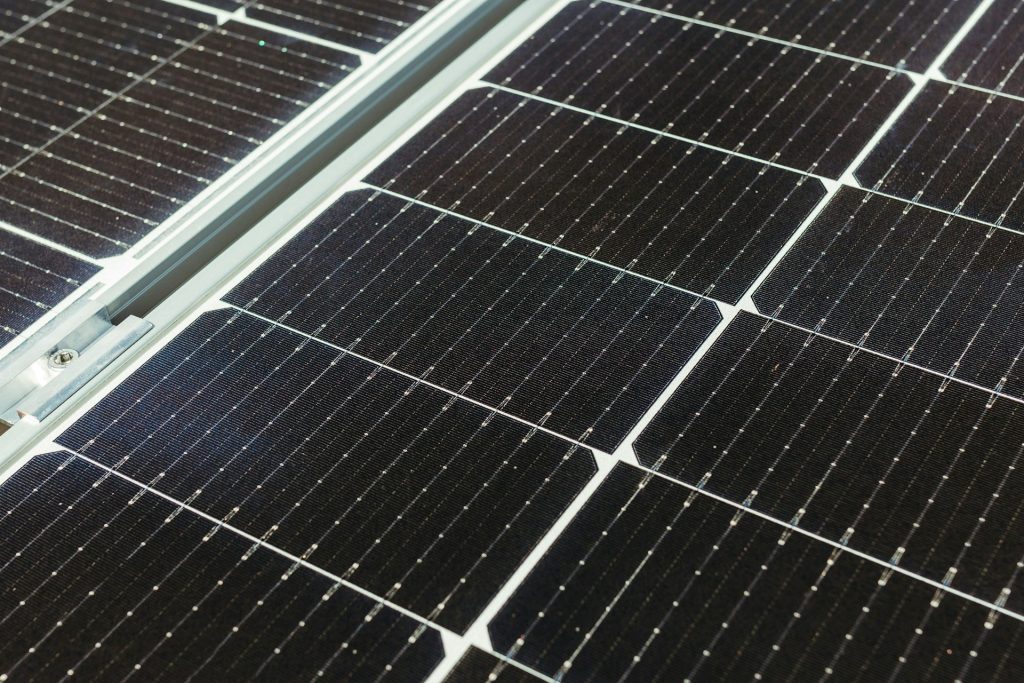
Solar energy is catching a lot of attention as people seek cleaner and more sustainable ways to power their homes. It’s a sensible step for those who want to reduce their carbon footprint and cut down on electricity bills. Yet, with the rise in popularity, a few misunderstandings about solar energy have also surfaced. These myths can sometimes make people hesitant to fully embrace solar technology.
Setting the record straight can help clear up doubts and encourage homeowners to explore solar energy without fear. Understanding what’s true and what’s not can make all the difference. In this discussion, we’ll take a closer look at some of the common tales that might have influenced your view on solar energy and explain what’s fact and what’s fiction.
Myth 1: Solar Panels Only Work in Direct Sunlight
One common belief is that solar panels only generate power under direct sunlight and become ineffective on cloudy days. This isn’t actually true. While solar panels are indeed most efficient under direct sunlight, they can still produce energy when the sky is overcast. The technology captures various spectrums of light, so even diffused sunlight on a cloudy day can be utilised.
Think of solar panels like a sponge absorbing water. Even if the water flow is reduced, some absorption still happens. Similarly, solar panels continue to soak up whatever light is available. This means your panels don’t just sit idle until a sunny day arrives; they’re consistently working to provide energy to your home, though at a lesser extent during less sunny conditions.
Myth 2: Solar Energy is Too Expensive
Another widespread thought is that solar systems are beyond reach financially, reserved only for those who can afford large upfront costs. While installing solar panels can be an investment, it’s important to consider the long-term benefits. Over time, many homeowners find that the savings on electricity bills offset the initial expenses.
Additionally, various financial incentives make the transition to solar more affordable than it might seem. These can include government rebates or low-interest financing options to help residents switch to renewable energy. With these available, solar energy becomes more accessible to a broader range of people, ensuring savings well into the future.
Myth 3: Solar Panels Require Constant Maintenance
There’s a notion that solar panels demand a lot of upkeep to keep them in working order. In reality, they’re quite low-maintenance. Most panels are designed to withstand different weather conditions and perform efficiently with minimal intervention. A yearly cleaning to remove dirt and debris, along with occasional inspections, is typically all that’s needed to ensure optimal performance.
Even these tasks are straightforward and don’t require much time or effort. In some cases, regular rainfall can naturally rinse off the panels. Simple steps like these highlight the practicality of solar energy, proving that it’s not as demanding as some might fear.
Myth 4: Solar Panels Are Bad for the Environment
You may have heard worries that solar panels are harmful to the environment due to manufacturing and disposal issues. While it’s true that manufacturing processes involve materials and energy, the overall environmental impact of solar panels is far less than that of conventional energy sources. Their ability to provide clean energy over decades more than offsets the initial environmental cost of production.
Furthermore, advancements in recycling technology are continually improving how solar panels are disposed of or repurposed at the end of their life. Most solar panels last 25 years or more, generating renewable energy with significantly reduced carbon emissions during their entire lifespan. This long-term benefit makes a strong case for solar panels as a sustainable energy choice.
Conclusion: Consider the True Benefits of Solar Energy
By addressing these myths, it’s easier to see the actual advantages of switching to solar energy. Embracing solar solutions means taking a positive step toward a cleaner and more efficient energy future. For those living in sunny spots like Sydney, installing solar panels can harness the abundant sunlight effectively, offering both environmental and financial benefits.
Understanding the truth behind solar energy myths allows homeowners and businesses to make informed decisions. By considering the real benefits and acknowledging the sustainable potential of solar power, you can take part in the movement toward a more eco-friendly future. Solar energy stands as a reliable and practical option, facilitating a cleaner planet for generations to come.
Discover how residential solar solutions can transform your energy consumption and make your home more sustainable. Explore Inspire Energy’s expert range of energy solar panels designed for optimal performance in Sydney’s sunny conditions. Whether you’re looking to lower your power bills or make a positive environmental impact, solar energy offers long-term value. Start your journey toward sustainable living with Inspire Energy today.
